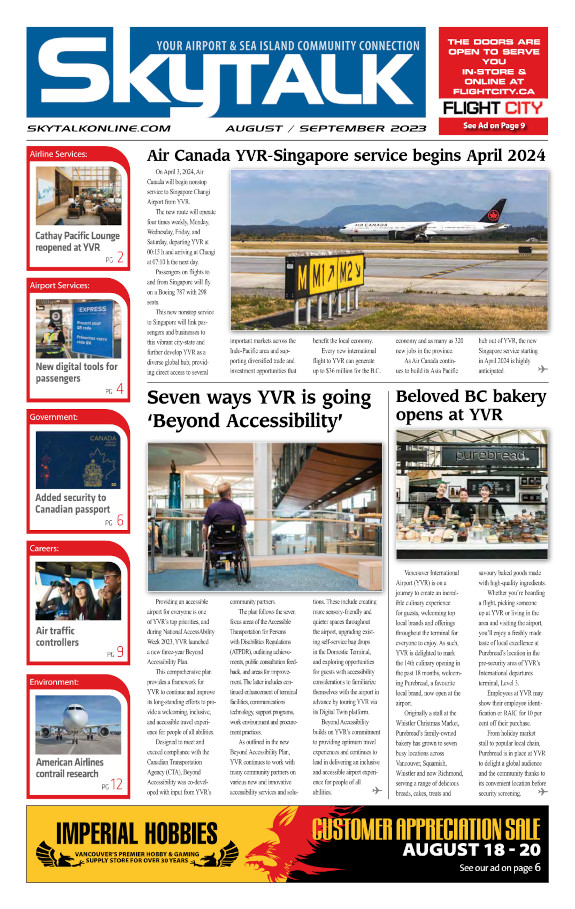The Canadian Transportation Agency’s (CTA) second half of Canada’s air passenger rights’ bill, which outlines what form of compensation passengers are entitled to when their flights are delayed or cancelled, is now in effect.
The CTA’s first phase of the passenger bill of rights was introduced in July 2019 and laid out new rules for airlines to follow, including clear communication to passengers and compensation guidelines in the event of denied boarding, overbooking, lost or damaged baggage and the transportation of musical instruments.
The final set of regulations require airlines flying to, from and within Canada to compensate passengers for flight delays that are within their control and not related to safety. The amount of compensation is dependant on the size of the airline and the length of delay.
Larger carriers, such as Air Canada and WestJet, will be required to pay from $400 to $1,000, depending on the length of the delay. While smaller airlines, such as Porter and Swoop, will be required to pay from $125 to $500.
In addition to compensation, in the event of a flight delay airlines will be expected to provide a minimum “standard of treatment”—food and drink, free Wi-Fi, and overnight accommodation and free transport to the accommodation if the delay is expected to extend into the night.
Along with compensation for delays and cancellations, the passenger protections lay out rules for seating children on a plane at no additional charge to the customer as follows:
- Under the age of 5: in a seat adjacent to guardian
- Aged 5 to 11: in the same row and separated by no more than one seat from guardian
- Aged 12 or 13: separated by no more than one row from guardian
The onus will be on passengers to file a claim for compensation under the new passenger protections, the onus will be on passengers to file a claim for compensation.
Travellers will have one year to make a claim with the airline responsible for a flight disruption. Following that, the airline will have 30 days to respond to the complaint, either by issuing compensation or an explanation as to why it thinks it’s not owed.
If the dispute cannot be resolved directly between the passenger and the airline, the passenger can file a complaint with the CTA through its website at otc-cta.gc.ca.








